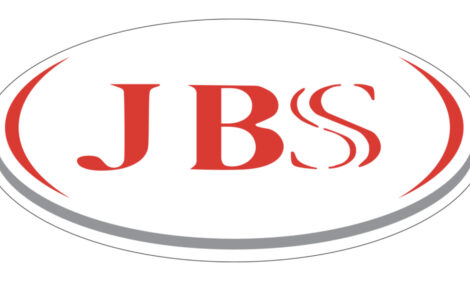



This Week's Poultry News Round–Up
ANALYSIS – Egg farmers in Spain are calling on the national government for help in the form of a moratorium on the battery cage ban that came into force on 1 January but other countries, where farmers have made the necessary investment in new housing, are hoping the European authorities hold firm over the ban, writes Jackie Linden, senior editor of ThePoultrySite. Also in the news this week are new sets of guidelines from the European Food Safety Authority over risk assessment: one covers animal welfare parameters and the other is for food and feed derived from genetically modified animals.In the last week, Spanish farmers issued a plea to their ministry of agriculture to intercede on their behalf to gain time with the European Commission (EC) to switch to enriched cages or other alternative housing for laying hens.
The farmers in Spain want a two–year moratorium on the EC changes banning battery cages for laying hens and demanding the installation of new larger cages giving hens more room and environmental enrichment. They also want the Spanish government to give them soft loans to help them pay for the upgrades.
The farmers estimate that the cost of installing the new cages on an average sized farm of 40,000 birds will be about €720,000 and they believe that if they are not given assistance, up to 40 per cent or about 400 farms will go out of business.
Spain is one of 14 countries that have not met the new EC regulation, and there is now great concern across Europe that a two–tier egg sector could be established.
The Danish presidency last month said that it was going to demand strict compliance with the new regulations and the EU Health Commissioner, John Dalli, was reported to be sending letters to member states, warning them of legal action if they fail to comply with the battery cage ban.
However, there are major fears among the farming community in other EU countries that the EC could concede to requests such as those from Spain and give a two–year moratorium. What will happen to those eggs that are still being produced in illicit cages?
Most producers who are complying with the regulations say there should be no leeway, no moratorium and no assistance to farmers who have not already complied. They argue that 12 years have already elapsed, in which every farmer could have upgraded the production systems and they have already made considerable investment in order to upgrade their own systems.
The European Food Safety Authority (EFSA) has published pioneering guidelines laying out, for the first time, a standardised methodology for the risk assessment of animal welfare.
The methodology, which follows a step-by-step approach, is designed to be applicable to all animal species and all factors that affect animal welfare, including housing, transport, stunning and killing. The development of the guidelines supports EFSA’s commitment to ensure that all its work on animal welfare is underpinned by a strong scientific approach.
EFSA has also published guidance in the last week for the risk assessment of food and feed derived from GM animals and on related animal health and welfare aspects.
There has been a seasonal rise in bird flu lately. Outbreaks of H5N1 highly pathogenic avian influenza have been reported in the Indian state of Tripura, which have led to significant poultry culls. Fears of an outbreak in Sri Lanka were allayed when the flock’s mortality was found to have another cause. A second person has died in Viet Nam as a result of the infection in a month. A duck farm in the Australian state of Victoria has been slaughtered as the result of the discovery of low-pathogenic avian flu during routine surveillance.








